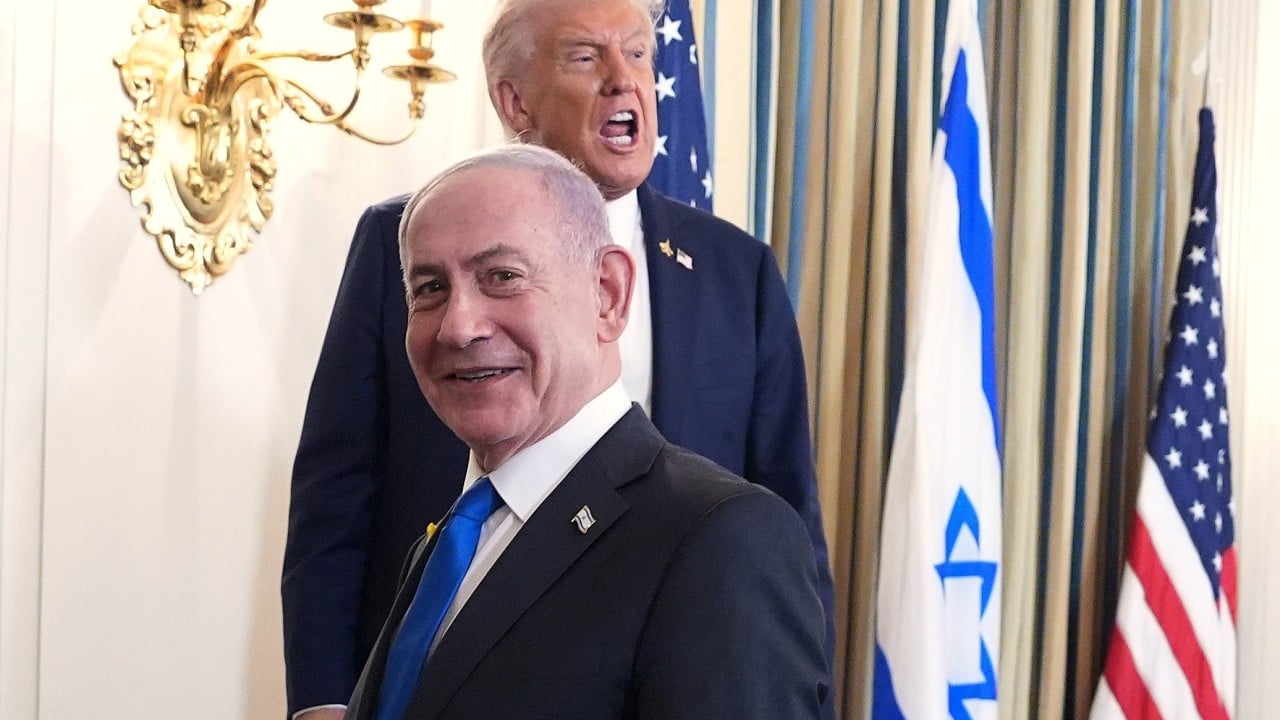A proposal by US President Donald Trump to end the war in Gaza is already under fire, just days after its release, over last-minute changes pushed by Israeli Prime Minister Benjamin Netanyahu that critics say could undermine Arab-Islamic support and derail the path to peace.
Advertisement
Analysts say the “principles for peace” deal, unveiled on Monday, risks alienating the very Arab and Muslim nations the pact depends on – by allowing Israeli forces to occupy most of Gaza indefinitely unless Palestinian militant groups are fully disarmed to Israel’s satisfaction.
At the centre of the controversy is the insertion of new terms, reportedly at Netanyahu’s insistence, that would leave more than half the enclave under Israeli military control until an International Stabilisation Force (ISF) can secure pacified zones and begin dismantling Hamas and other militant groups.
The Israel Defence Forces would only reduce their occupation to a third of Gaza if and when the ISF began not only decommissioning the militants’ arsenal but, under conditions added at Netanyahu’s insistence, also destroying all infrastructure including their elaborate underground tunnel network – to the satisfaction of Israel and a “Board of Peace” governing structure led by former British prime minister Tony Blair.
The ISF would largely be manned by peacekeepers drawn from the Arab-Islamic bloc, which comprises Egypt, Jordan, Indonesia, Pakistan, Qatar, Saudi Arabia, Turkey and the United Arab Emirates. To date, Indonesia has offered to send thousands of troops to Gaza, while nuclear-armed Pakistan has said it is considering doing so.
Advertisement

